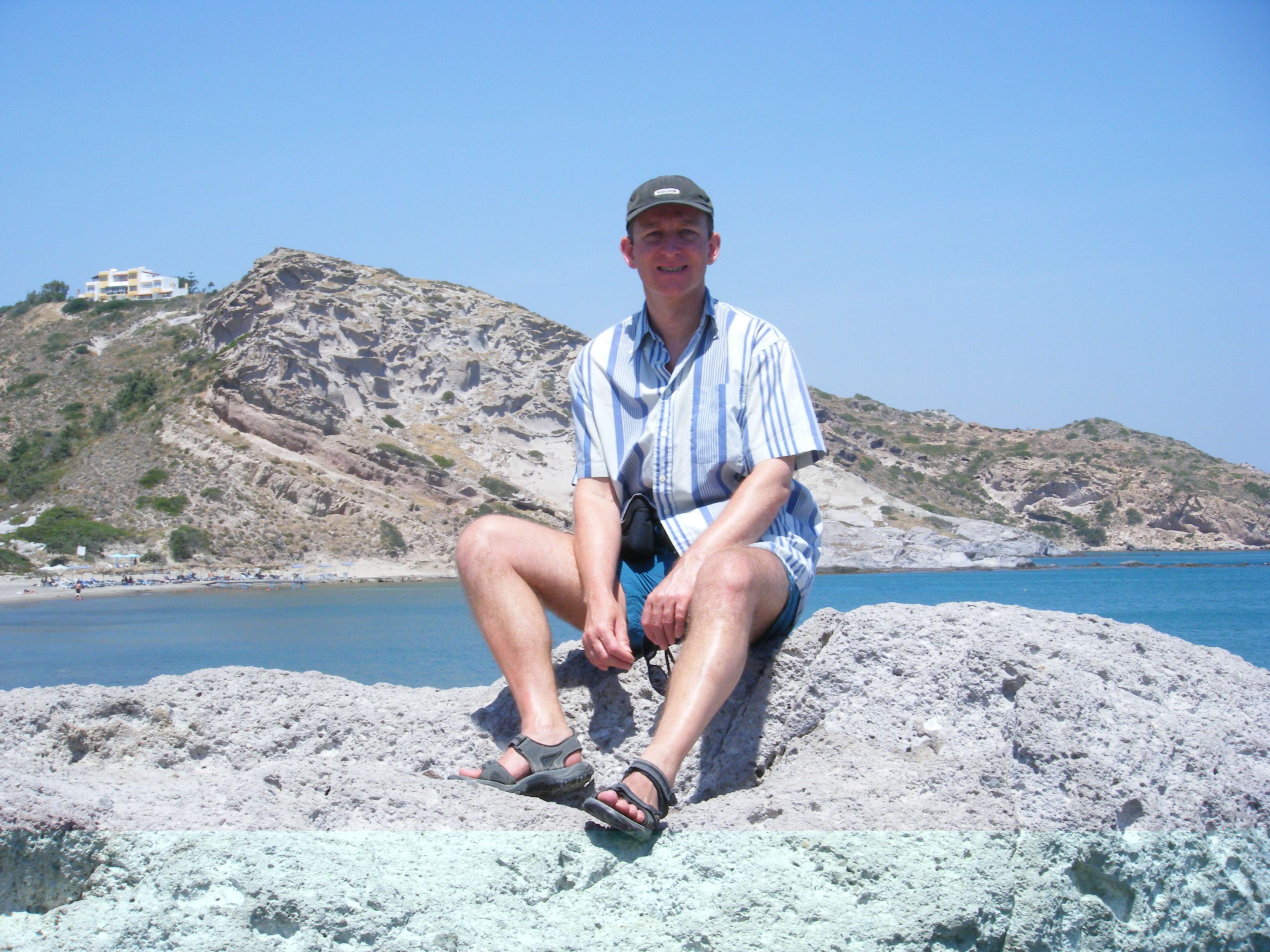How do you describe your job when you meet people at a party?
A public analyst is a bit like public health, but they do microbiology whereas we look at chemical composition and nutrition. In my line of work I look at toys, feed for animals, water, agriculture, and anything trade in description (i.e. household products). I test products for trading standards. It’s quite a small, targeted profession. Unless you come into contact with us, no one knows what we do. I’m concerned with questions like – Is it on the label? Questions of food fraud and safety, like the melamine in milk scandal that happened in China
What is ‘cutting-edge’ about your work?
We continually try and find out what industries are up to in the way of food fraud. People are always trying to save money, increase profits, and make an article look better than it is. We try to find out what companies have done to something to change it. We’re trying to catch people and constantly playing catch-up. If you go back 100 years it was quite simple, but now the emphasis is on nutrition (i.e. processed foods) and misleading labels. We’re very keen on where food comes from. How can we tell where something’s come from? For example, we can do DNA fingerprinting of domestic breed cattle to protect them from meat that’s being smuggled in illegally
What are the biggest implications your work will/could have in the future?
The health of the nation. If somebody is producing food which is substandard or counterfeit, it disadvantages the general producer and can put them out of business. We protect jobs as well as health. What’s the long-term effect of substandard food? Obesity. Too much is driven by price and not by quality
Describe some of the highlights of your average day.
A lot of work is routine. It’s nice when we get something a bit different. We get referrals where a member of the public has bought something and complained about it to their local council. It can be quite challenging to work out what the heck’s gone wrong. We had one where somebody had a milk carton with a big object fell out…it turns out it was a bat
Describe briefly how your career has progressed to date.
I went to work for BDH, a big UK chemical producer in Dorset in their quality assurance department. They suggested I did a Masters degree over two years at UCL. I did one day a week for 30 weeks. After seven years I moved on to Exeter in Devon and worked for a private public analyst lab called Tickle & Reynolds. Here I got more interested in what a public analyst does and I looked into taking the exam. I got deputized for the agriculture section. Next I moved to Leicestershire where I worked for a council public analyst lab in charge of their non-food sections (toys, agriculture etc.) After six years I moved to where I am now and took the final part of the public analyst exam. The council appointed me to work in Cardiff where I run their chemical labs (environmental and general, oil testing, coal and solid fuel testing, an instrumentation lab, and medical diagnostics in partnership with a local hospital looking at genes and mutations)
How is your job cross-disciplinary?
Being a scientist and being a public analyst means you have to understand both science and legislation. You need to know a lot about legal requirements. When you do any test you’re thinking not just about the science and appropriate scientific test, but also, if this went to court would it stand up? You tend to pick up a lot of contacts: chemists, microbiologists, people working with genes, people working with solid fuels, ex-mariners out in oil fields, people from the Environment Agency…
How well is your job compensated? What is the starting salary for your field, and how much can this be expected to rise?
We find it hard to get chemistry graduates, which is a good core subject which you can teach other things from. Graduates tend to make £15/16K just out of university. Three years of experience plus a post-grad in your mid-twenties will get you £30K. A public analyst makes between £40-60K, but Scottish labs pay more like £80-90K. There are only 42 public analysts in the whole country and two a year pass the qualification. We have our own Association of Public Analysts
What’s the most unexpected thing about your job?
People don’t normally know what we do, but when they find out they think it’s really interesting. It’s multi-disciplinary, we work on small projects, and test food. At least half of what we test we find problems with

